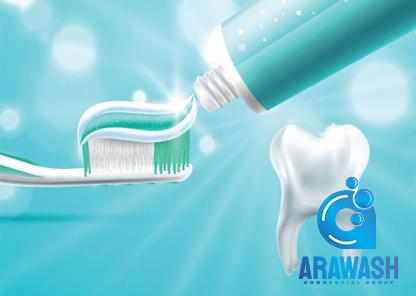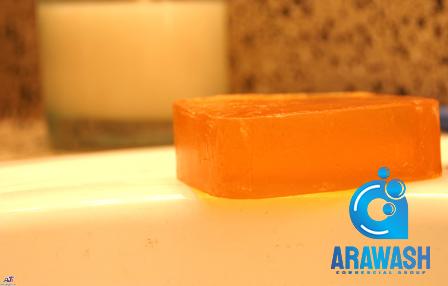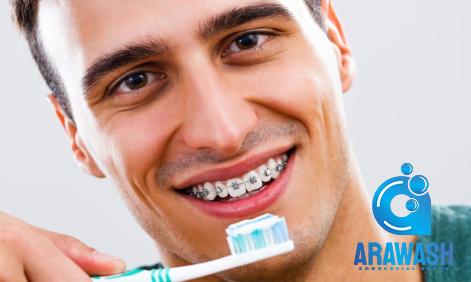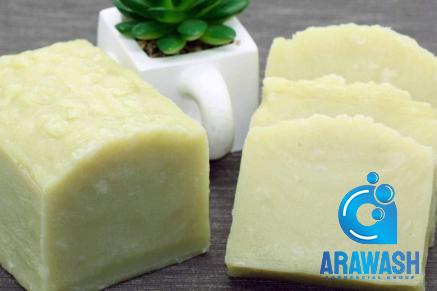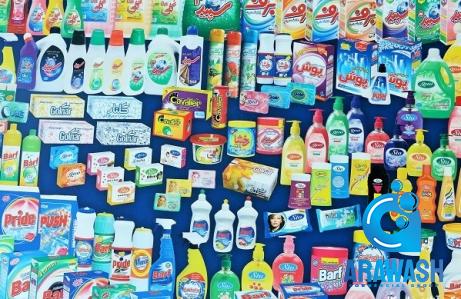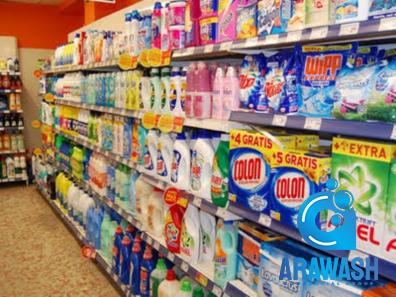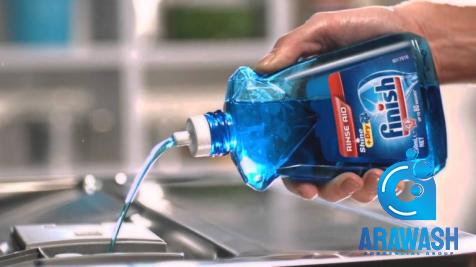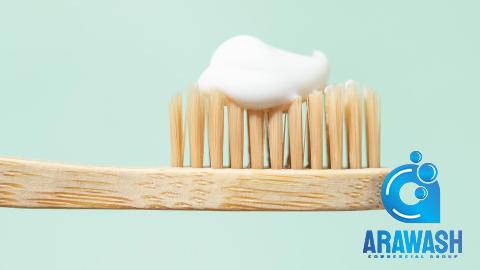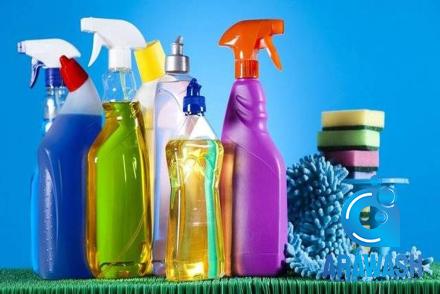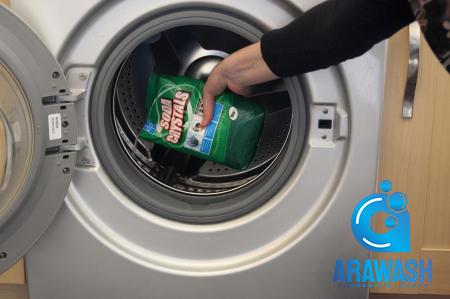Vinegar Spray Cleaner Purchase Price + Quality Test
An alternative to purchasing a diy professional glass cleaner that can be manufactured at home that is simple, and does not include any dangerous ingredients, you may just need vinegar, baking soda, ammonia, or alcohol
We are going to supply you with a number of different recipes for homemade window cleaners that you will ultimately be able to adjust to match the needs of the cleaning job that you are working on
The vast majority of recipes for homemade window cleaner ask for two to three everyday materials, the vast majority of which are probably already present in your kitchen
The only additional things that you will need are a microfiber cloth, a spray bottle or bucket made of glass, and a spray bottle or bucket made of glass
If you keep the following guidelines in mind, you should be able to reduce or eliminate the likelihood of streaks developing on your windows: Instead of using water from the tap, you should use distilled water since it has a better degree of purity
After spraying the window cleaner directly onto the window and allowing it to rest for a few minutes, you should wipe off the residue left behind by the cleaner
In lieu of paper towels or rags, which could leave behind stains or residue, you should use lint-free microfiber cloths that don’t shed any fibers while cleaning
Only wipe the windows in one direction at a time while you are washing them, such as from the top down or from left to right
If the glass is particularly dirty, you should probably wash the windows with some soap and warm water before using your homemade window cleaner
This is especially important if you plan on using your homemade window cleaner on really dirty glass
You might also try scraping any stains that are especially tough to remove using a solution of vinegar
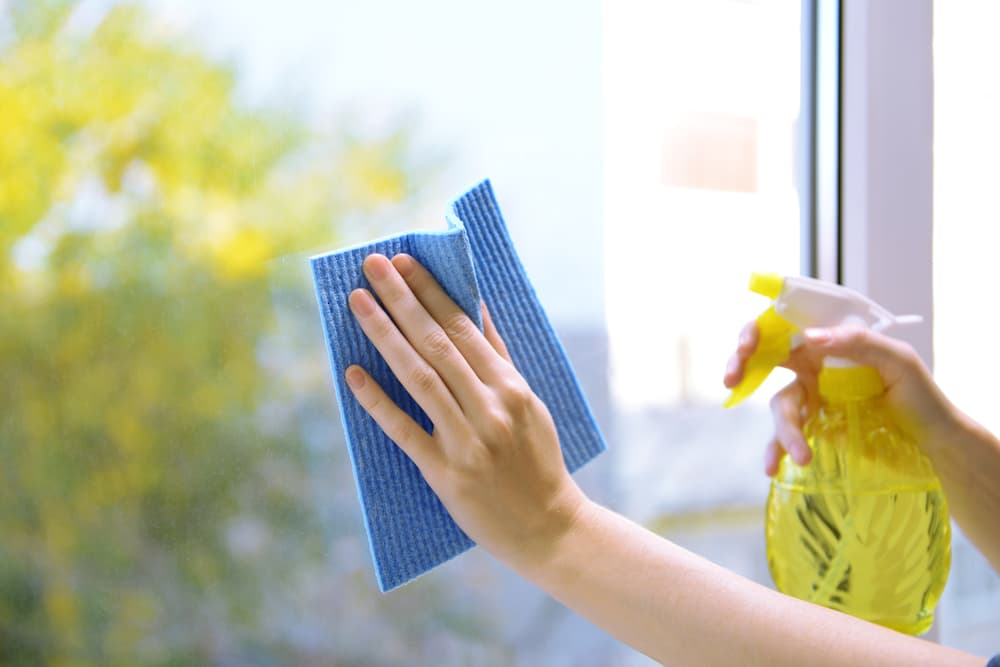
glass cleaner spray
An excellent glass cleaner dissolves greasy fingerprints, smudges, and debris without leaving streaks
Our favorite is the Invisible Glass Cleaner Spray since it does not include ammonia, works great on glass, mirrors, and chrome, and dries clean and clear
We investigated and tested hundreds of the finest glass cleaners to evaluate how simple they were to use, how well they functioned, and how well they were constructed
Here are the most effective methods for cleaning your windows, vehicle, and other glass surfaces
The Invisible glass cleaner lives up to its name by cleaning glass so effectively that it virtually disappears
It removes toothpaste spatter, cigarette haze, and fingerprints rapidly, as well as dirt, filth, and stains
It is not harmful to windows, glass cooktops, mirrors, chrome, or other shiny surfaces
It does not include ammonia, but its formula is constructed of synthetic compounds with no significant odors or colors
This cleaner leaves no residue or streaks, which are two of the most frequent concerns about other solutions we’ve tried over the years
It’s also inexpensive and widely available, which are all features that many people seek in a glass cleaner
Windex is a popular brand of home cleaning that is known for being efficient, inexpensive, and simple to locate in the majority of food shops
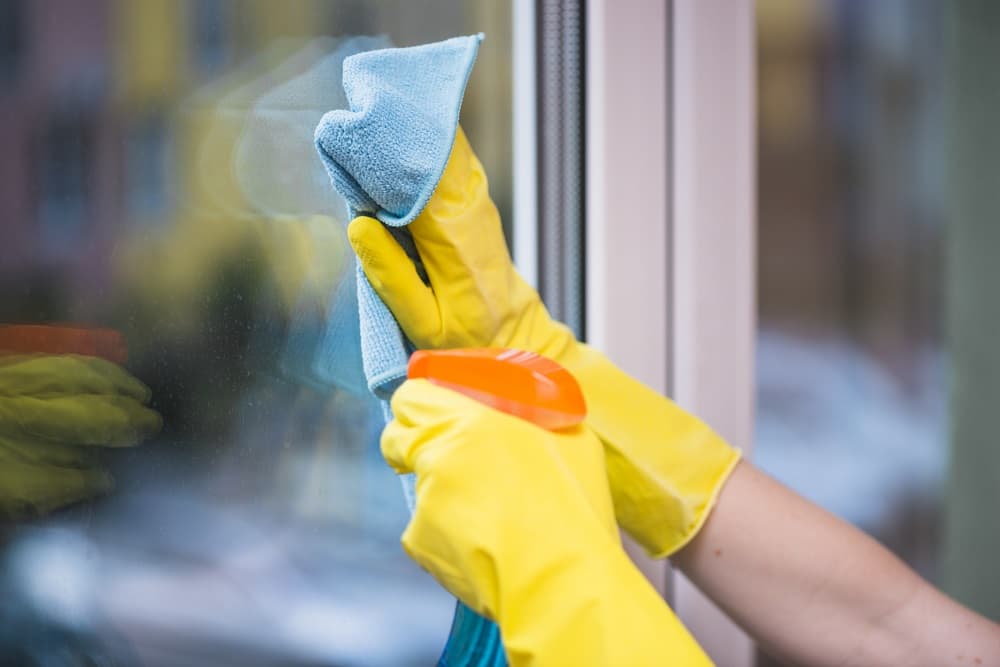
Despite the fact that it is a tried-and-true standard in a great number of households, its composition contains man-made compounds such as 2-hexoxyethanol and isopropanolamine
It also has a somewhat strong odor, which is due to the synthetic colors and scents that were used in its production
Decyl glucoside, a vegetable-based cleaner, and organic lemongrass essential oil give Puracy natural glass cleaner its lovely perfume
It may take a few additional passes with the rag to get a really spotless finish since this spray solution leaves more streaks than regular cleansers
Lemongrass oil is toxic to dogs and cats, according to Katie Berry of Spruce’s Cleaning Review Board
She suggests, “avoiding putting this on surfaces they’ll foot on and possibly keeping them out of the room while you’re using it,” if you have dogs
This cleaner may be used for a wide variety of purposes
It may be set up on mirrors, sinks, and worktops in a bathroom
Moreover, Puracy offers a concentrated solution that may be used to refill reusable cleaning bottles, thereby minimizing the need for disposable ones
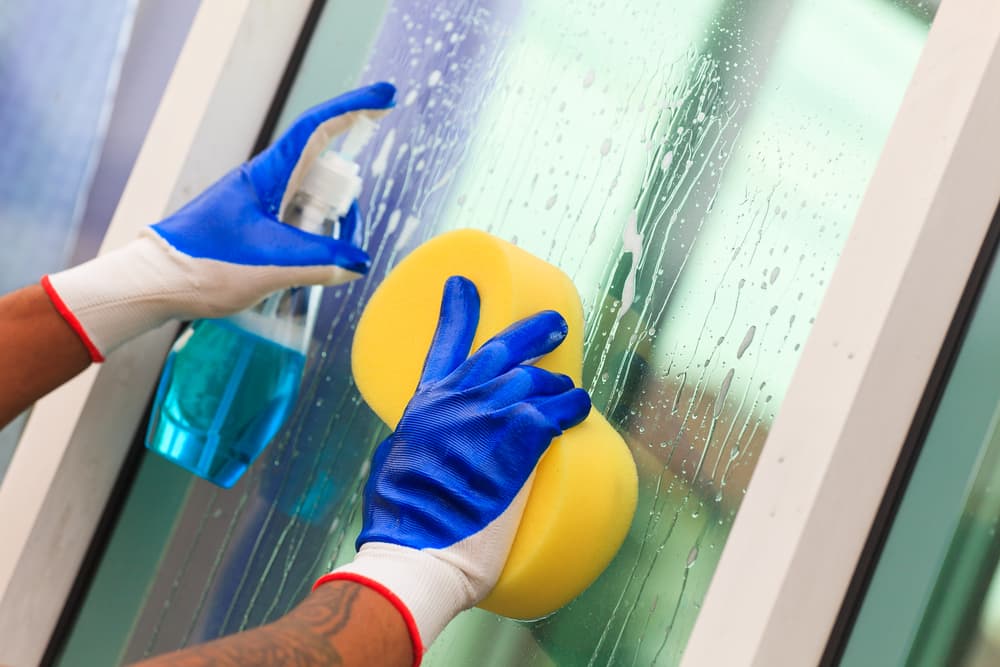
glass cleaner spray diy
Few individuals like cleaning their property outside
Dusting and vacuuming are tiresome, time-consuming chores
Here are some fantastic ideas for diy glass cleaners that you may try if you want to avoid using cleaning products that contain hazardous chemicals
When it comes to cleaning the glass around your home, there is not a lot of joy to be had because it appears that no matter what you do, the glass will be coated in filth and fingerprints once again within a few hours after you have cleaned it
This is the case regardless of whether or not you use a cleaning product or do it yourself
When it comes to the process of cleaning the glass in your house, one of the problems that you may encounter is presented by the harsh chemicals that are typically included in professional cleaners
This might be one of the reasons why you haven’t been able to get your glass as clean as you’d like
Blending together one tablespoon of white vinegar and one cup of water in a blender is an efficient and straightforward method for preparing the recipe
After properly blending all of the components, one cup of rubbing alcohol should be added to the mixture and stirred until it is well combined
When washing the glass, reduce the potential of streaks by pouring the solution into a spray bottle
There is a good chance that you already have a good number of the components that are necessary to produce an outstanding DIY glass cleaner stored away in one part of your house or another
You should be able to locate them
These may be anything at all, from soapy water to vinegar; the possibilities are almost endless
When it comes to cleaning the glass and windows in your home, using a single ingredient by itself does a sufficient job; however, the results are often enhanced when using that ingredient in conjunction with other components that are completely natural and do not include any potentially harmful chemicals
As a follow-up to our earlier article on making your own window cleaner, we have compiled a list of some of the most effective recipes for making your own glass cleaner at home using common items that are likely already present in your kitchen
These recipes can be used to clean windows, mirrors, and other glass surfaces in your home
Windows, mirrors, and other types of glass may all be cleaned effectively with the use of these recipes
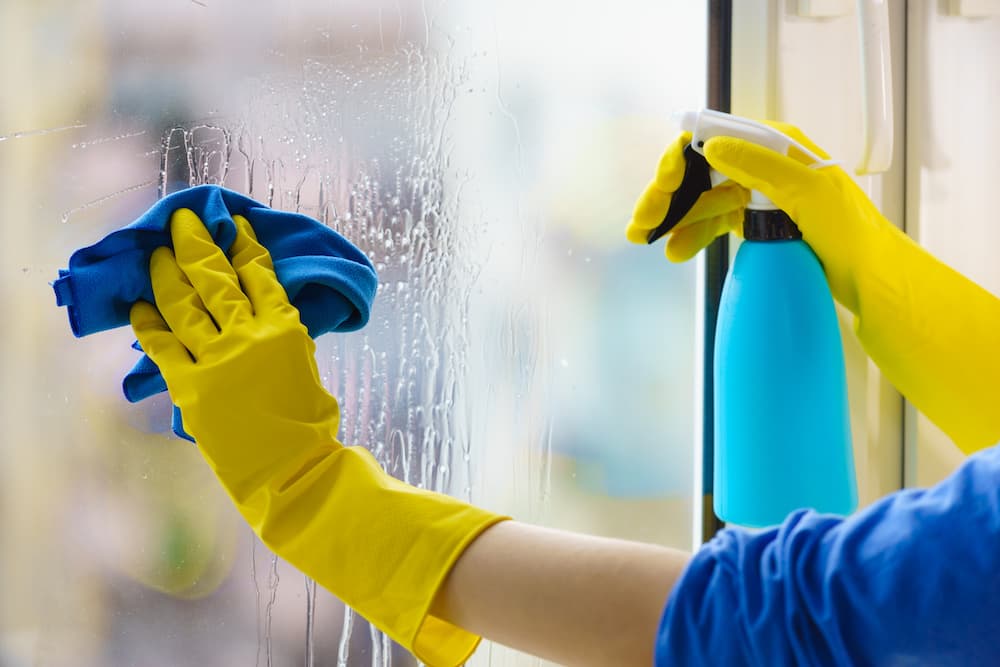
glass cleaner with vinegar
Alcohol and white vinegar are two great alternatives to the chemical-filled glass cleanser brands that may be purchased at your neighborhood grocery store
These components have a number of advantages, including their low cost and the absence of any harmful chemicals or gases in their composition
These components are comparable to those that are included in our homemade eyeglass cleaner as well as in many commercial cleaners; in addition, they evaporate fast, ensuring that you won’t be left with ugly smudges after using them
Mix all of the components together and then transfer the liquid into a spray bottle to complete the preparation of this glass cleaning spray
Combine thoroughly
If you combine the white vinegar with the rubbing alcohol, you may make a cleaner for windows and glass that dries rapidly and is competitive with the products sold under the most popular brand names
You may also use this solution to clean the ceramic, chromium, and other hard surfaces in your oven using it as a DIY oven glass cleaner
Vinegar is an excellent ingredient to have on hand for making your own homemade glass cleaner since not only is it affordable, but it is also quite effective at removing fingerprints and other types of window filth
White vinegar is often the primary component of any effective do-it-yourself cleaning product, such as a recipe for a homemade bathroom or homemade shower cleanser
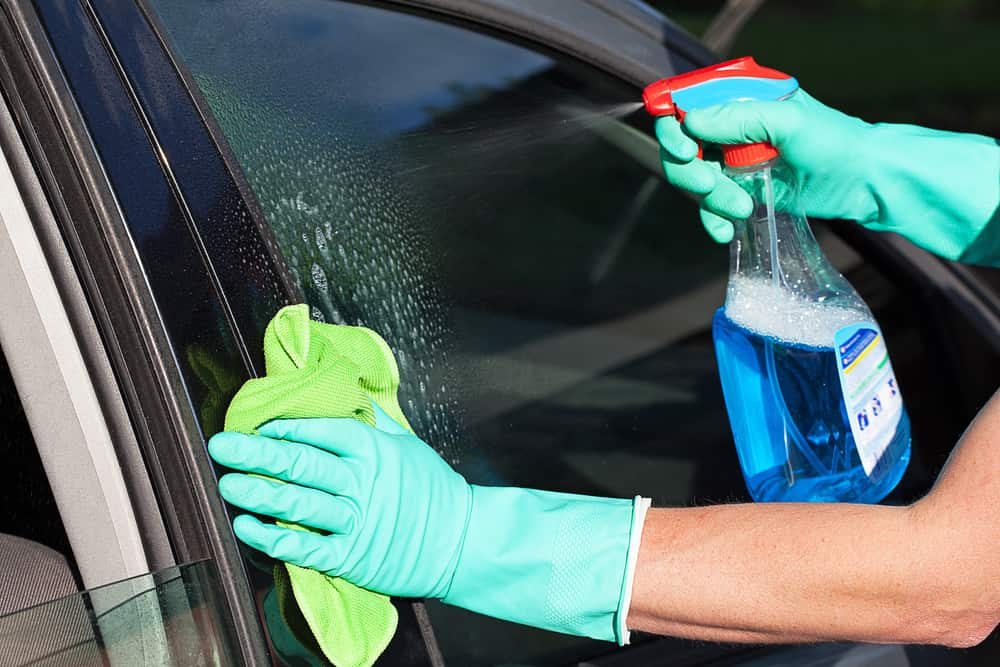
It does not include any harsh chemicals or fumes, and it will not leave streaks on any of the glass surfaces you use it on
2 quarts of water that was distilled 2 spoonfuls of vinegar 10 drops of any essential oil you want Mix everything together in a glass spray bottle
Shake really hard to mix
Spray the solution on your windows and other glass surfaces, and then wipe them clean with a microfiber towel
Don’t worry about the vinegar smell
The essential oil will cover up most of it, and what’s left will go away when the solution dries
This recipe can be used on many different types of glass
You can clean shower doors, and doing so will help get rid of hard water stains and soap scum
This is by far the best way to learn how to clean car windows and make glass table tops shine again
If you spray the cleaner on a clean cloth first instead of the screen directly, it can even clean your computer screen or the screen of your big flat-screen TV
You can also clean the keyboard on your desktop or laptop computer with this solution
Use a cotton swab or a cloth soaked in a cleaner to wipe away any gunk that has built up on the keys
This makes it easy to reach all sides of the keys
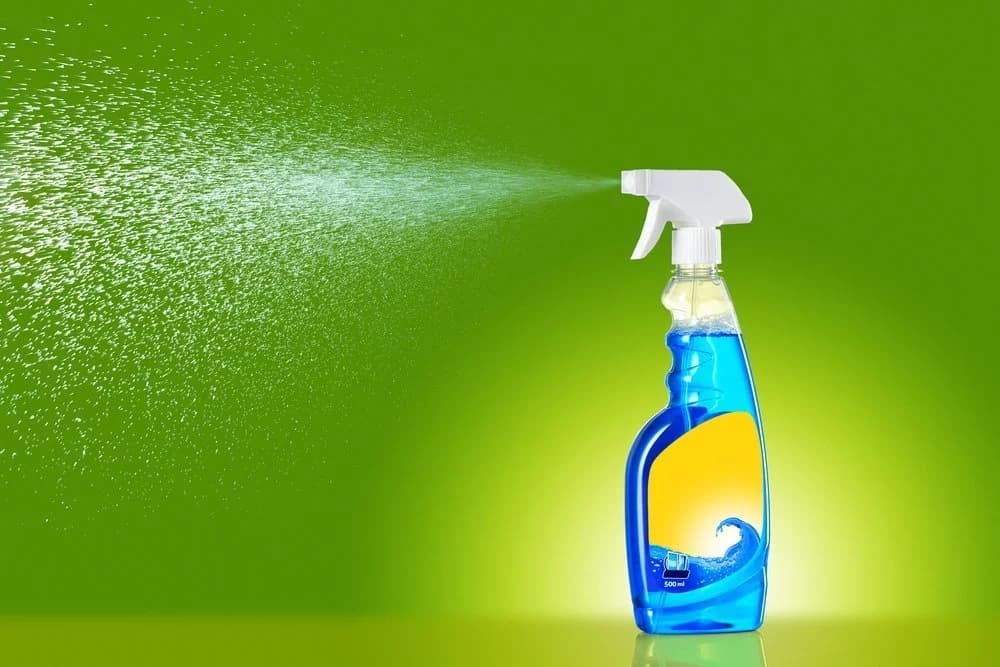
glass cleaner with baking soda
When windows are cleaned with baking soda cleaner, it makes them glossy and brilliant and eliminates any scuffs or stains that may be on the glass
One further advantage of using this homemade window cleaner is that it is risk-free to do so, does not give off any potentially harmful aromas, and does not include any potentially harmful chemicals
Baking soda should only be used on glass that is not delicate and that has been covered
This is because baking soda has the potential to be abrasive
If you have antique or stained glass, you should never clean it with a window cleaner that contains baking soda since doing so might cause the surfaces of the windows to become scratched or disfigured
You should do this while holding a soft cloth in your hands and running warm water over it
After that, you should compress it until it is nearly all dry, and then you may use it
Baking soda should be sprinkled on the fabric before using it
When cleaning the window that has been dried, use the side of the cloth that has been covered with baking soda
Take cautious not to apply an excessive amount of pressure unless you are working on a spot that has already been scuffed
Hold a fresh clean cloth that you just purchased under hot running water until it is totally saturated with the liquid
Utilize the towel in order to eliminate the residue that the baking soda has left behind on the window that has been cleaned
Use a dry cloth or paper towel to wipe away any moisture that may be on the glass
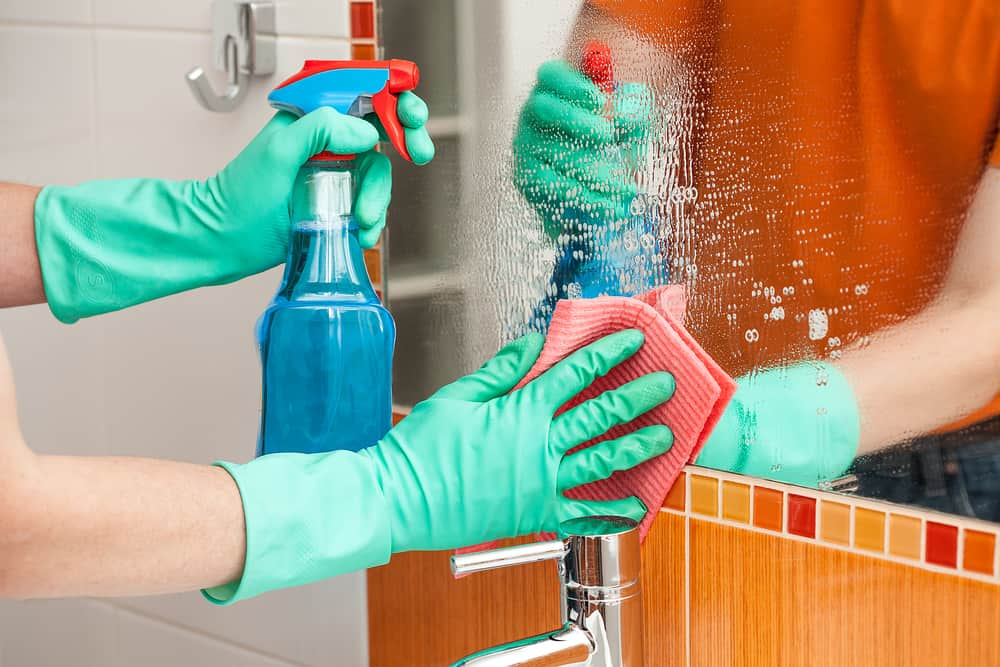
It is suggested that you do this activity once each week; however, you are free to carry it out any number of times per week that is required of you
Make it a point to be on the lookout for any indications of scratches that might be noticeable on the glass surface of the window, and make sure to maintain an alert eye out for them
If using the glass cleaner made with baking soda has caused the glass to become foggy or etched, you should immediately stop using it and hunt for an alternative
